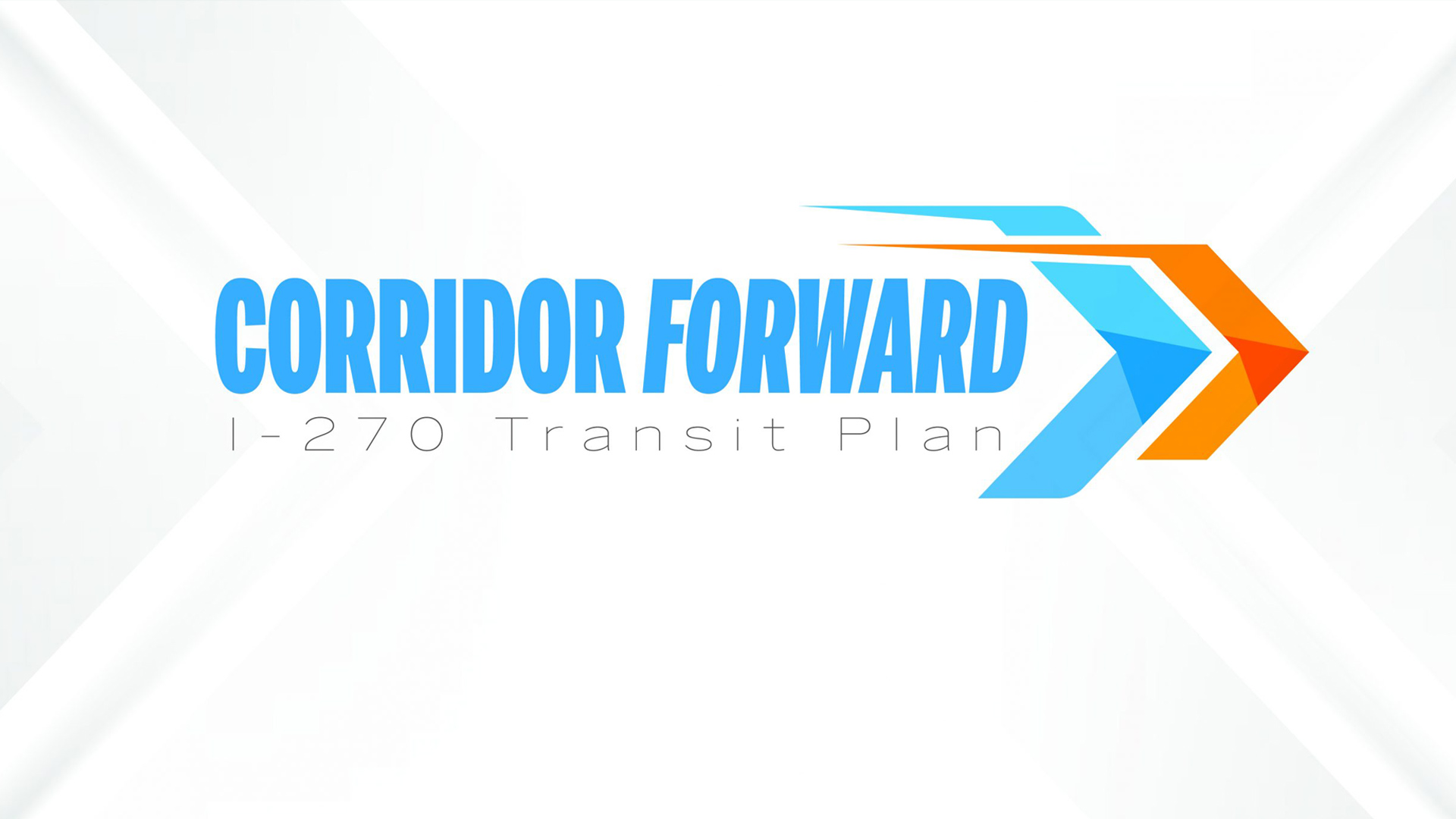 Montgomery Planning staff will present preliminary recommendations for Corridor Forward: The I-270 Transit Plan.
Montgomery Planning staff will present preliminary recommendations for Corridor Forward: The I-270 Transit Plan.
WHEATON, MD – The Montgomery County Planning Department, part of The Maryland-National Capital Park and Planning Commission, will hold a virtual public meeting for Corridor Forward: The I-270 Transit Plan on October 20 (7 – 8:30 p.m.). At the meeting, Montgomery Planning staff will present preliminary recommendations, including a recommended transit network, to serve communities and employment centers along the I-270 corridor. The community meeting will follow an October 7 briefing to the Montgomery County Planning Board, at which time Planning staff will present and receive guidance on the Plan’s preliminary recommendations. RSVPs are required to attend. The meeting will be held via Microsoft Teams.
The preliminary recommendations are the result of an iterative planning process, in which Planning staff:
- Compared transit vehicle attributes and inventoried transit options that could serve the I-270 Corridor.
- Completed a pre-screening analysis, which evaluated the initial list of inventoried transit options based on indicators such as travel time, population access, job access, ability to accommodate growth and equitable access and advanced six transit options for detailed analysis.
- Refined and analyzed the six transit options, including an evaluation of strategic merits, economic and financial outlook, and potential implementation challenges and risks.
- Completed additional evaluation on combinations of the six transit options to inform the development of the preliminary recommendations.
About the Corridor Forward Plan
The goal of Corridor Forward is to comprehensively evaluate, prioritize and advance transit options that achieve the best combination of the following values, consistent with the Planning Board Draft of Thrive Montgomery 2050:
- Strategic Connections: Serve high-demand origin and destination pairs, balancing costs of implementation with projected benefits.
- Economic Health: Enable existing development and master-planned communities to realize their potential as livable and economically vibrant places.
- Community Equity: Align with the county’s social equity goals and principles.
- Environmental Resilience: Operate sustainably and reduce negative environmental impacts.
To create the plan, Montgomery Planning is working with state and county agencies, neighboring jurisdictions, county municipalities, advocacy groups, and community members as we analyze and prioritize transit options. Montgomery Planning has engaged community members about their needs and values related to transit through the Corridor Forward Plan’s Transit Values Questionnaire and Transit Stories campaign.
Is the Corridor Forward Plan part of the Managed Lanes project?
The purpose of Corridor Forward is to evaluate and prioritize transit options to serve communities and employment centers along the I-270 corridor. The Plan stands on its own and will provide guidance to the county regardless of the outcome of the Maryland Department of Transportation’s Managed Lanes effort. While the Plan will not specifically consider the role of transit in relation to the Managed Lanes study, it will identify transit options which offer an alternative to travel by car. Each of the options advanced for detailed study is anticipated to reduce vehicle miles traveled, and a combination of these options will further transit accessibility and competitiveness for communities along the corridor.